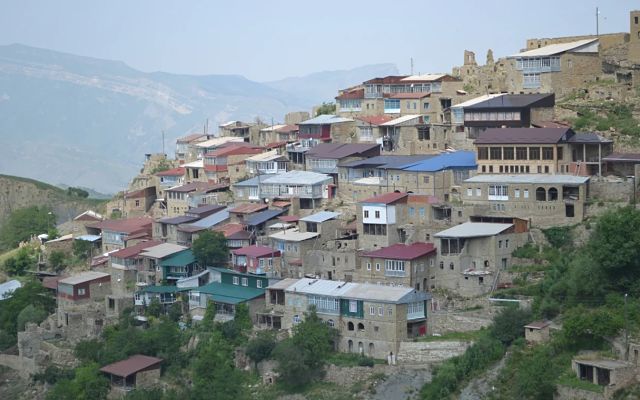One of the most pressing issues in Dagestan these days is the implementation of the new Klishas-Krasneninnikov laws, which were adopted at the end of last year. The most actively discussed aspects of these innovations are those that affect the regional level of power in the so-called Russian Federation, which with the implementation of these laws has finally become a unitary state.
This includes not only a ban on regional leaders being called presidents, which is aimed specifically at the last republic to retain such a title – Tatarstan. It also includes granting the Kremlin the official right to dismiss regional leaders, even those elected by the people, without having to prove any violations on their part. Most importantly, it includes the Kremlin’s right to participate in the formation of regional authorities, a privilege that many unitary states, let alone federations, do not have.
But speaking specifically about Dagestan, where the application of the Klishas-Krasneninnikov laws is being discussed these days, it is far more important for them. After all, Dagestan has never had a president, and after the departure of the Moscow puppet with local flavor Abdulatipov, the administration has long been demonstratively colonial and Russian.
However, other innovations of these laws may very well affect the people of Dagestan, not only those in power, but also ordinary citizens. We are talking about the changes in the system of local self-government and the creation of the so-called one-level system of local self-government. Within this system, local self-government at the village and settlement level, which will now be directly subordinated to the district administrations, will be liquidated.
Whether by design or for historical reasons, this reform will primarily affect the three Muslim regions with the largest number of rural and settlement municipalities in Russia: Tatarstan – 956, Bashkortostan – 895, Dagestan – 761. Of these three, Dagestan is most likely to be affected due to its mountainous landscape and the scattered villages (auls) in the region.
Until now, the inhabitants of these villages/auls could elect their own administrations to solve their problems while living among them. Now their affairs will be decided by the district centers. This is likely to be not only ineffective, but in some cases may not be in their best interest. After all, each village/aul has its own interests, and there is no guarantee that the administration of the district center will represent the specific interests of a particular aul and won’t conflict with them or try to impose other interests.
In Dagestan, settlements such as ancestral villages or auls, as well as tribal lands, are particularly endangered. The fact is that the descendants of these settlements have been connected to them for several generations, and those who have had the opportunity have supported these settlements through their administration. In practice, these people are part of the life of their ancestral villages, but now, with the single-level local self-government of the territories where these ancestral villages are located, they will no longer have a relationship with them. As a result, territorial and ancestral ties and mutual support may be seriously affected.
In general, it is necessary to state once again that although the ideologists of the current Russian regime claim to speak on behalf of the “deep people”, their policies are completely hostile to them. And not only in the Muslim regions – these reforms will also affect Russian villages and settlements, not to mention the small indigenous peoples of the North.
So, on the one hand, they are willing to risk the whole country with new sanctions and another war in order to annex new territories of a foreign state. And on the other hand, they are pursuing a policy of destroying ancestral villages and settlements in their own country, only to push their population into overcrowded, suffocating megacities.
So why do they need new territories if they are only going to push their population into overcrowded megacities?

